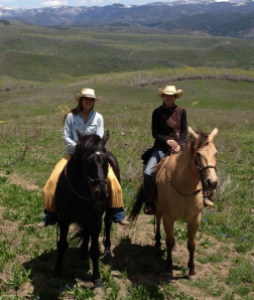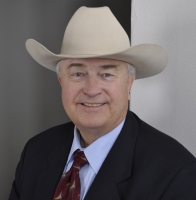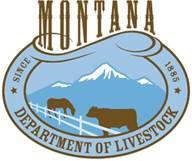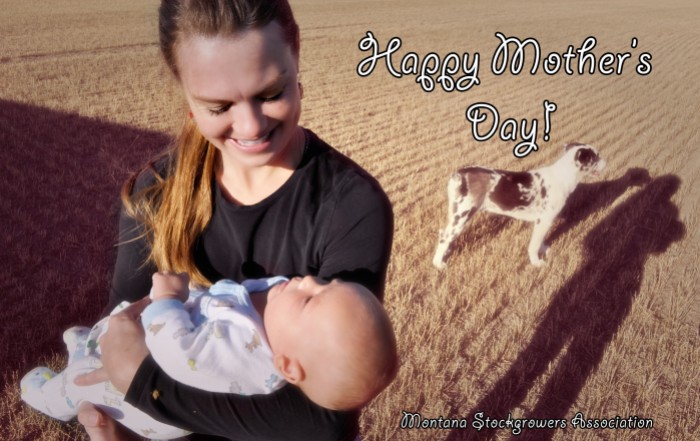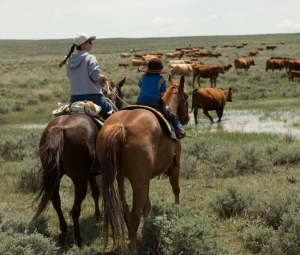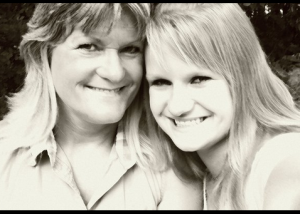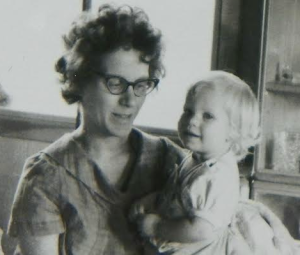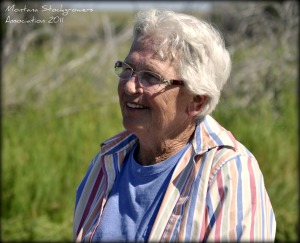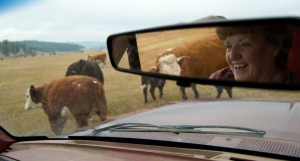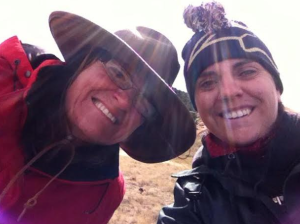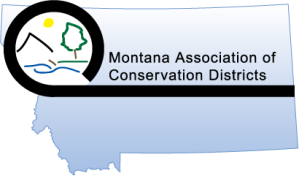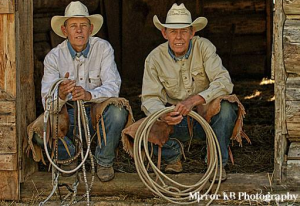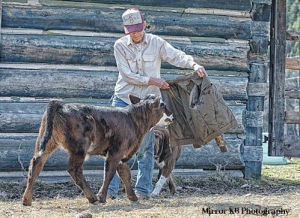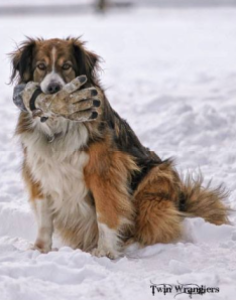Montana Rancher Q&A Feature: Curt Pate on Stockmanship
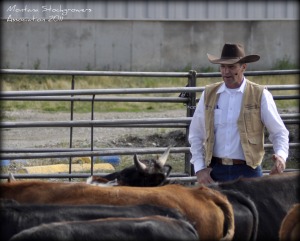
Curt Pate at Stockmanship Clinic.
Many of us have had the pleasure of attending one of Curt Pate’s stockmanship and stewardship clinics, and today, we would like to feature him in our Montana Rancher Q&A spotlight. Curt has a keen eye for handling livestock, but also, a great ability to teach. He is a blessed with a wonderful family that supports him and has passion for cattle, too.
Tell us about your family’s history with ranching in Montana.
My grandfather, Leonard Frank, was a cattle trader and a butcher in the Helena Valley, and owned several different small places there. My wife Tammy’s kinfolk all ranched in the Ryegate area, and we currently own and live on a small place their along with a small place in Texas.
Please tell us about your current work in the cattle industry.
My focus and work is stockmanship and stewardship demonstrations and clinics. I work in the U.S. and Canada. I contract with the National Cattlemen’s Beef Association to help promote Beef Quality Assurance practices.
How did you become interested in livestock stewardship practices?
I have always worked with horses to get them to handling better, and when I started hearing about some things with cattle, it just made sense to get better. It has become a passion. The two go so well together.
Why is it important for Montana’s ranchers, and ranchers across the country, to implement safe livestock handling procedures?
Profit, safety, and marketing to the consumer. In that order.
Do you think working with family in business is a good idea? Why?
I think it is good if it is done right. Ranching properly is very challenging. There must be discipline and direction, and time management is so important. It is a business that requires traditional skills that take time to develop, and technology to keep up with the world we are trying to keep up with and market our products.
What other work is your family involved with?
My son Rial is one that stays out of the spotlight, but really cares about tradition, the environment, and working properly with animals. (And having a good time while he is doing it).
Mesa is very involved in the bucking bull business and has become very well known. The thing that people don’t know is how hard she works. She can do anything from drive a semi to rope bulls and drag them out of the arena. She likes to write and is real good at promoting the western lifestyle.
My wife Tammy does horsemanship/yoga clinics, helps run my business and also is very involved in the bucking bull world. She also builds boots, remodels houses, and is a great cook.
What would you say about the value of growing up on a ranch?
I just can’t see how anyone not growing up on a ranch or in agriculture can learn all the lessons needed to live a full life. I think it may be why we have so many challenges facing society today.
What is one piece of advice you can offer to Montana’s young ranchers about running a successful business?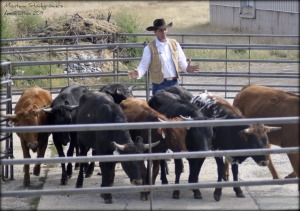 Make sure your skill level is higher than your debt level.
Make sure your skill level is higher than your debt level.
What is one thing you wish beef consumers knew more about?
I wish they knew how important grazing animals are for sustaining our environment. I can’t understand why something that nature has been doing for so long can be looked at as bad.
Is there anything else you’d like to share?
I think ranchers must remember that we are selling to a customer of our product. We need to listen to what the customer is saying and provide what the customer wants. We should all remember that people don’t have to eat beef, but want to eat beef. It’s our job to produce what they want. I think we can use tradition, technology and the strong moral values that Montana ranchers have to do just that.
For more information on Curt’s clinics, please visit his website by clicking here.


